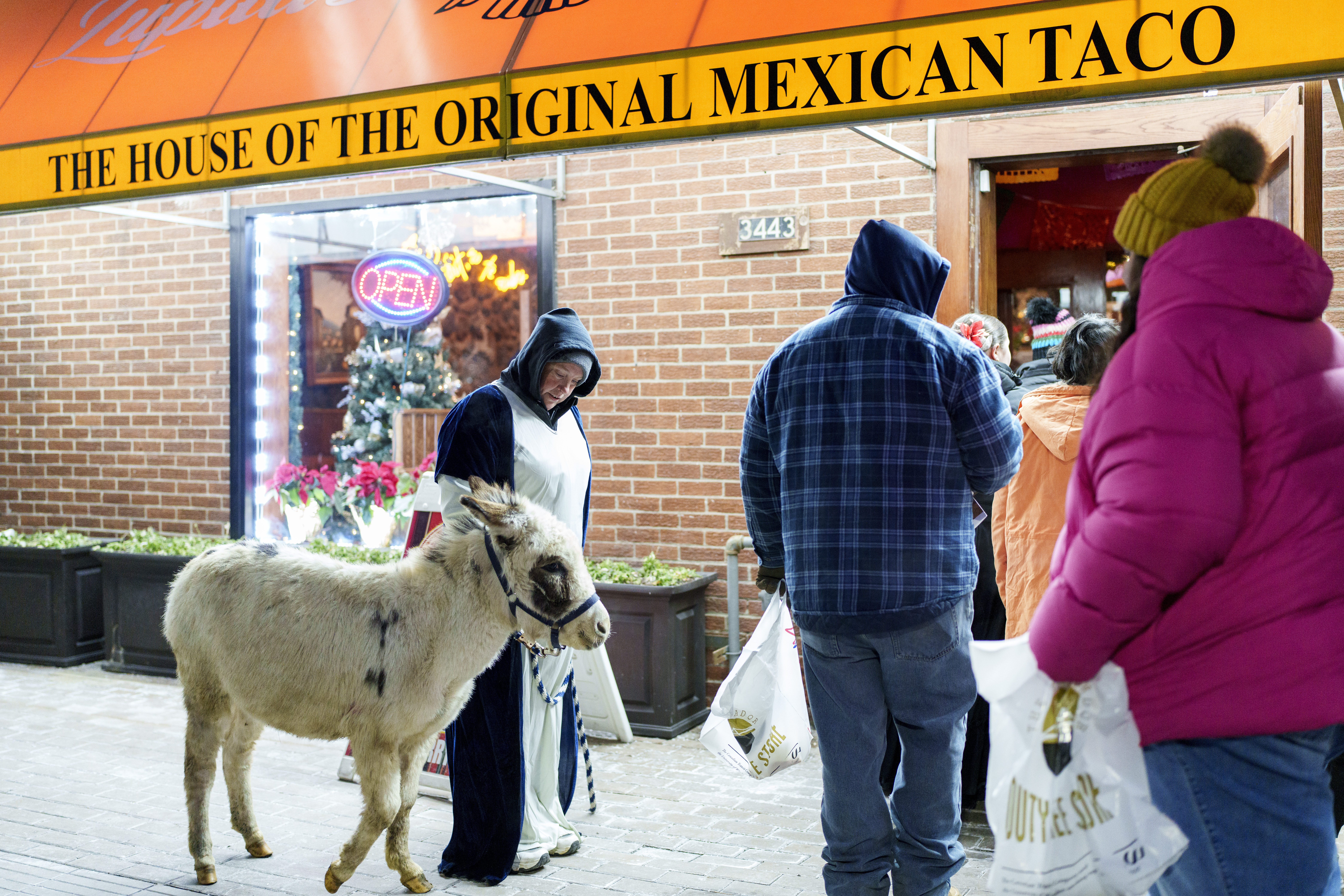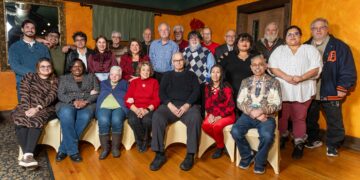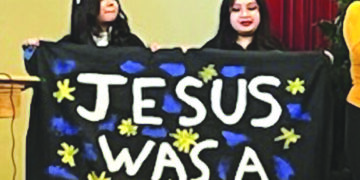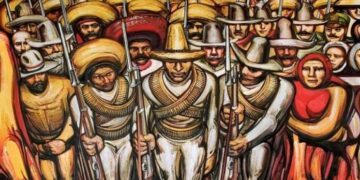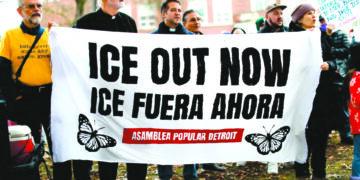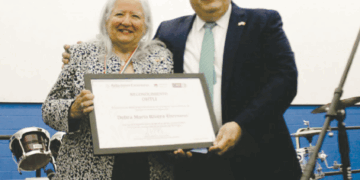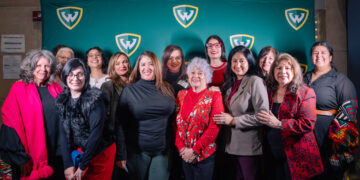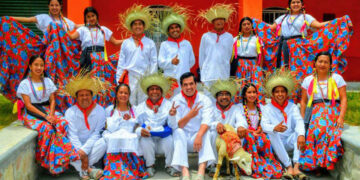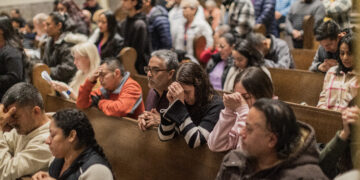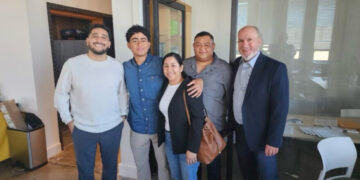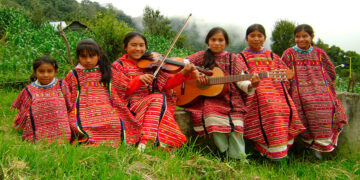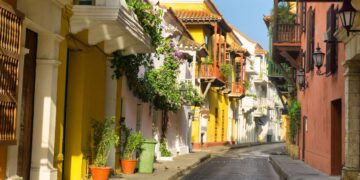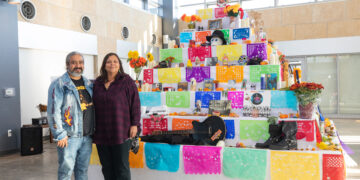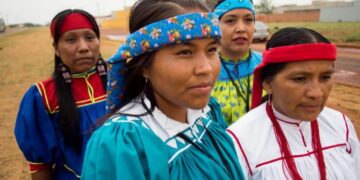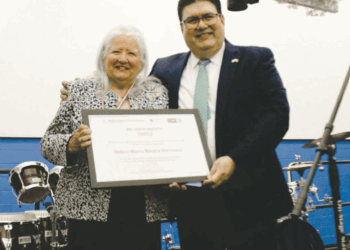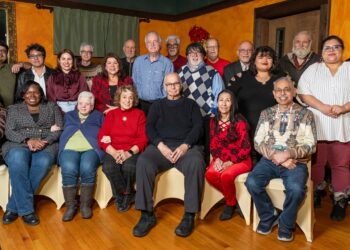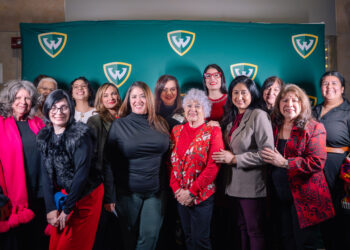By Ozzie Rivera
Over the past year, I had a number of conversations with Maria Guadiana to gain a deeper understanding of Detroit’s Latino history. Regular readers of my column may recollect her name when I first interviewed her about the founding in 1971 of Wayne State’s Latino and Latin American Studies (formerly Latino En Marcha/Chicano Boricua Studies) and more recently when she introduced me to her brother Ray Guadiana, a founding member of the ’50s-’60s era Doo Wop group, the Latin Counts. It was during the latter interview, while we walking through Ray’s fantastic art studio, that she mentioned that her father, Jose Guadiana, was the first President of the then newly chartered Comité Patriotico Mejicano in 1930. Though some documents trace the organization’s origins earlier to 1923, it was not officially incorporated till 1930.
What I did not realize till a recent conversation with her, was that El Comite was established as a coalition of five different organizations. They included the Comisión Honorífica Mexicana, Cruz Azul Mexicana, Club Chapultepec, Círculo Clabenangence and Círculo Mutualista Mexicano, the latter organization formed in 1919. During its early years the coalition broadened its outreach and encompassed 34 organizations. Its reach was wide and included sports clubs, veterans’ groups, workers and labor organizing organizations, church affiliated groups, business and professional entities as well as educational and leadership training groups. Having worked in coalition efforts during my lifetime the idea the Comité Patriotico in its early years successfully followed this organizing approach is quite amazing. The organizers’ ability and foresight to sustain such a coalition for a significant period should never be underestimated.
While speaking about her father’s organizing she mentioned others who played a key role in sustaining the organization. Some of those mentioned included community advocate and radio personality Angel Cornejo (Serenata de mi Barrio) the historian Lucy Arellano Gajec, Sergio de la Garza, and Alberto Pulido among many others. As I listened to her mention their names I reflected on how lucky I was to have met and known these individuals during my early years as a community worker and youth center director.
Jose Guadiana, served as the Comite’s president on a couple of occasions, the last time from 1957-1958. He also served in other leadership positions within the organization. She remembers him as the strong but silent type. Born in 1892, it was noted in his obituary Mr. Guadiana was involved in the Mexican Revolution. He was on occasion referred to by close friends and Comite leaders as “El General” because of this involvement. She recollects that this was especially so with another early El Comite organizer and former president of the organization, Francisco Flores, who along with his sister Irene would affectionately call him by that title.
It is Maria’s understanding her father somehow fell into disfavor with Pancho Villa. After someone alerted him of such Mr. Guadiana left Durango Mexico arriving in the United States through Brownsville or Ramonville in Texas. Though he did not speak much about the Revolution, apparently, he was a key figure in Carranza’s army. As I listened to this story I remember as a very young person growing up in the Corktown neighborhood and when talking to some of my Mexican and Mexican American friends many would mention the fact that one of their parents and/or grandparents had been involved with the Mexican Revolution.
Maria recollects a childhood where she attended numerous dances and activities organized by her father. The conversation moved on to the great work that Lucy Arellano Gajec did on behalf of El Comite and the Detroit Latino community in her long-term role as a community historian and archivist. Maria, who maintains an archive of some of El Comite’s early documents, event programs, and dance flyers, mentioned that in her possession she has some of Dr. Gaejic’s archival photos and other documents which were given to her by her daughter. Maria made special mention that one of Dr. Arrellano- Gajec’s first efforts were to document the repatriation of a number of her countrymen from the Detroit area to Mexico during the 1930s.
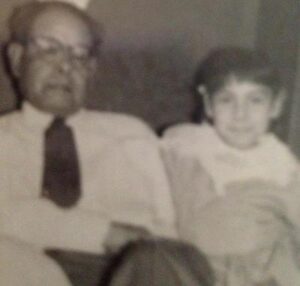
Ozzie Rivera, a retired social worker, is a cultural activist and musician who currently teaches on Afro-Latino History and Culture at Wayne State University and social work at the University of Michigan.

